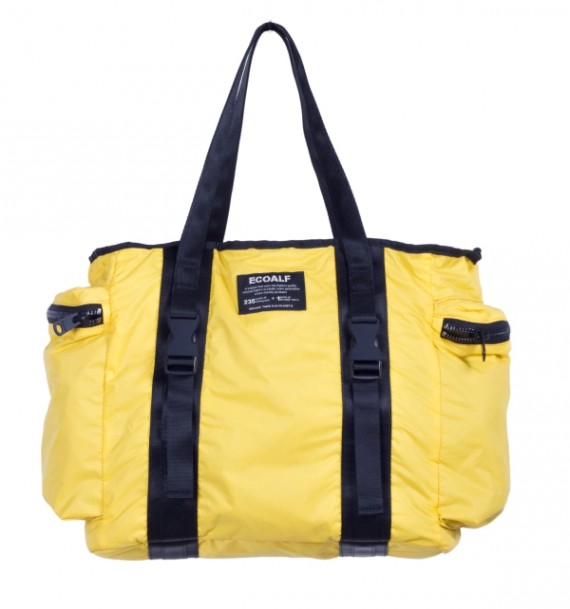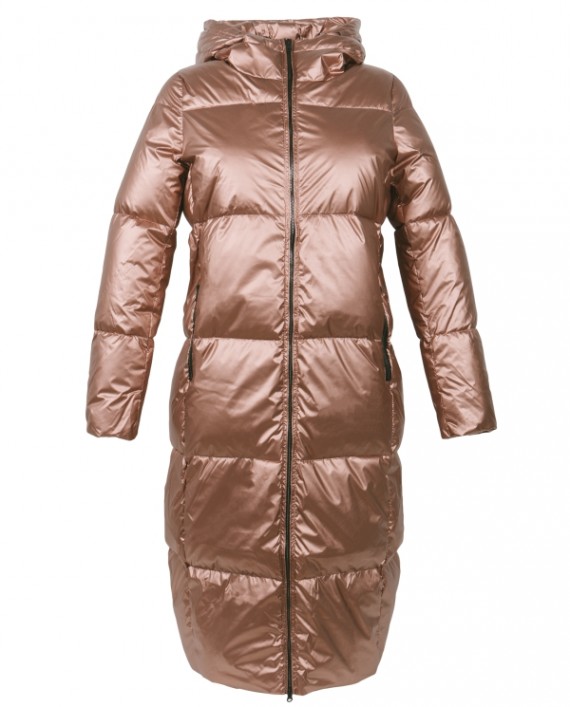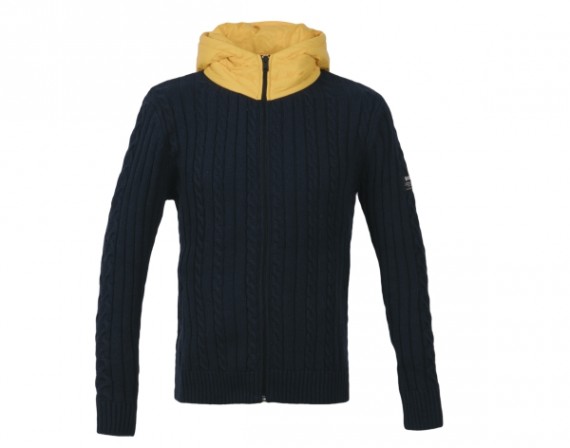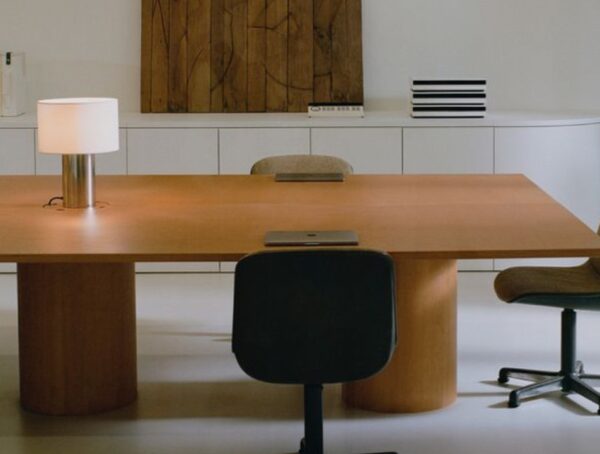It is certainly not new a fashion brand that seeks a more sustainable approach in terms of production. But it is definitely unpublished that a brand of the industry creates in this way the entire chain, the communicative and social aspect, without forgetting the transparent relationship with the end customer. This company is Ecoalf, born almost ten years ago in Madrid, Spain, from an idea of its founder Javier Goyeneche, who introduces us to his world – which should be the one of us all – in this interview.
Javier, you founded Ecoalf in 2009 with the aim of built a fashion brand both for man and woman whose clothes should be made in full respect of the environment. After nearly ten years, what are the goals that you achieved?
At the beginning the main problem we faced was that when we sourced the market for recycled materials the offer was small and of very poor quality. By investing in research and development and traveling the world to identify the ideal manufacturing resources, we carefully built the foundation that would become Ecoalf. I found the need to start creating partnerships with factories in order to develop fabrics, lining, straps, labels and cords using recycled materials. Through integrating breakthrough technology we wanted to create clothing and accessories made entirely from recycled materials, without actually looking like it. The first collection reached the store in December 2012! Our efforts during the past years have clearly proven that recycling connects with quality and design, resulting in a boosting change of mentality where people now believe trash equals natural resources with the same quality. Today we have over alliances throughout the world (Taiwan, Korea, Portugal, Mexico, Japan, Spain, etc.) that allows to continually developing all necessary elements to manufacture with recycled materials focusing on design and quality. We have developed over 160 fabrics that we use to design our collection. We are helping to clean the oceans with our Upcycling the Oceans project, which started in Spain in 2015 and has expanded to Thailand. We are expanding internationally and opening our Flagship store in Berlin which will help increase brand awareness and diffuse the need to protect the planet for future generations.
You also use fish nets and plastic bottles among the other recycled materials, where do yo find them?
It depends on the material, but we produce where the recycled material is located, because of proximity and to be coherent with the environment minimizing carbon emissions. It wouldn’t make sense for us to transport residue to another country, then produce the fabric in a different place, then create the garment in another place… this is why today Ecoalf has over eleven alliances around the world that allow us to continually develop all necessary elements to manufacture with recycled materials. For example we find fishing nets in Korea, plastic bottles in Taiwan…Discarded fishing nets, post-consumer plastic bottles (PET), worn-out tires, post-industrial cotton and even used coffee grindings become outerwear, swimsuits, sneakers and accessories. ECOALF continually invests in sophisticated recycling processes to remain market leaders.
How does the production process work?
Only through very sophisticated and innovative processes we can achieve the textures we want. It really comes down to the material. For example we use plastic bottles that are recovered and follow a cleaning process. Its then transformed into pellets by using sophisticated technological processes referred to as polymerization then into a filament (by spinning the pellets) and into yarn which enables to finish the garment confection. Today we have developed over ninety fabrics made of recycled PET.
Despite this technical details, every collection seems to be very appealing. It expresses a very chic and a the same time sporty allure. How does the design team create?
We believe in fashion that makes a difference. Fashion is not just about looking good. It’s also about doing what is right and feeling good about it, in respect of people and the planet. When you speak to our design team, visit our stores, touch the garments, watch our videos, there is always the same tone of voice, authentic and human. Since the beginning of every process we treat every detail, from the quality of the used plastic bottle that has been collected by the fishermen to the story of that particular garment that is featured on the label. Our brand pillars are sustainability, innovation and fashion. We are a small team but we all share the same mission and vision. Our mission is to create the first generation of recycled products with the same quality, design and technical properties as the best non-recycled products, to show that we do not have to use our world’s natural resources in a careless way.
Your manifesto on climate changes is pretty clear, but it is a fact that we have already exceeded the limits of sustainability of our planet. What can we do to, at least, survive in this kind of situation?
I truly believe we are entering a new generation of doing things right and with a conscious. Today, people´s mindset is changing and many young companies are arising trying to do things differently. Hopefully, in a near future, our vision and efforts will encourage others to move in the same path, as more sustainable fashion labels will emerge resulting in a global compromise towards recycling and sustainability. Think micro and act macro.
Maybe that’s why in June 2017, Ecoalf Foundation announced a 3-year commitment to replicate Upcycling the Oceans in Southeast Thailand which will help to remove the waste from the oceans and islands of Phuket, Smaui, Tao, Samed and Napangha, along with Thai institutions. After four months, can you see some development or it is too early?
The “Upcycling the Oceans, Thailand” project runs for three years, from 2017 to 2019: the first year will focus on education and promoting the concept of responsible tourism while conducting waste management activities such as collecting, segregating, and transforming plastic waste. Project activities include fishermen and scuba divers collecting plastic waste from underwater as well as other volunteers collecting plastic waste from beaches. On September 1st 2017, the first official event took place in the island of Samed and kicked off with a hundred divers, three-hundred volunteers and the key leader’s presence. After five hours of diving and cleaning 0,7 tons of trash was collected. My dream would be to continue to replicate this model across all the coast lines in the world.
Any other future projects?
We just opened our Flagship store in Berlin where we will see how the brand performs in the German market. Besides Thailand we are also expanding Upcycling the Oceans in the North of Spain. There are a few exciting collaborations coming un for the next seasons so lots do!
More from Brands & Designers
Loro Piana accused of not paying its indigenous workers in Peru
"Our excellence": this is the value proposition found on Loro Piana's official website under the "viçuna" section. And indeed, how could …
The 60s in the co-lab “La Vacanza” by Donatella Versace and Dua Lipa
Donatella Versace and Dua Lipa together for Pre Fall 23 to celebrate the Italian summer. The co-lab between fashion and …
Fashion and design: an open dialogue
From the very early 60s, the artistic dimension that followed the economic, artistic and scientific renaissance saw fashion as the …










